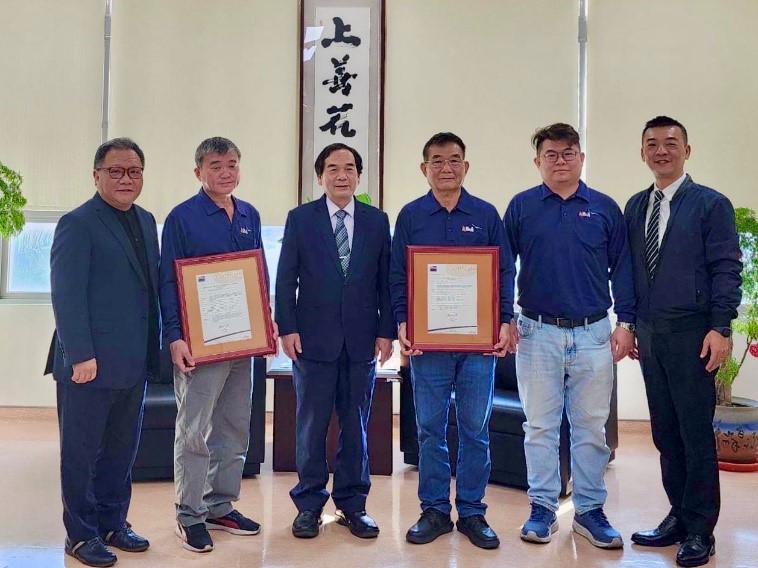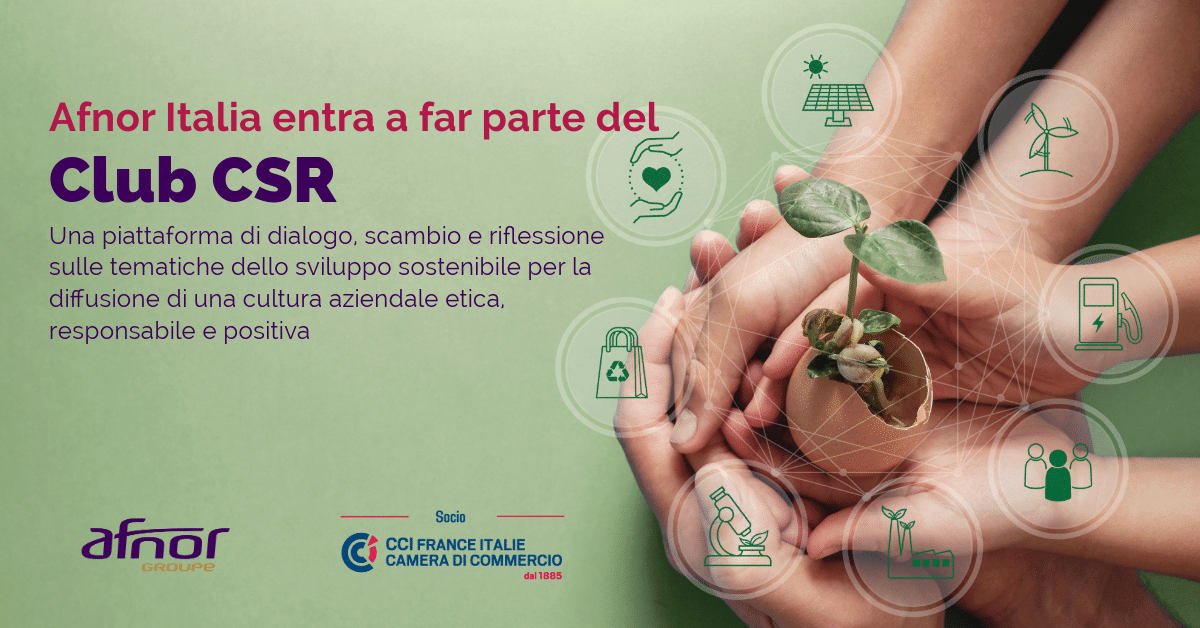Having established the link between Quality and CSR in the previous article, we're now going to analyze the second pillar of tomorrow's quality: digital.
For this major international study in 2023, the AFNOR group questioned over 1,300 corporate quality decision-makers of 37 different nationalities.
Another major concern that decision-makers believe will shake up quality in the years to come is technology - more specifically, digital technology, automation, data...
Because the question of digital adoption arises, often because of the inequalities linked to its use or the priority given to following its (growing) news on a global scale.
A quality decision-maker in the UK shares his views on the progress of digital technology in his country: " Automation is underway, more and more work is being done remotely, and the use of artificial intelligence is set to revolutionize all sectors .We can already speak of the fourth industrial revolution! In our business, we now audit companies whose employees' day-to-day work is carried out essentially in the cloud, without offices... we carry out remote audits with them."
In India, however, there is still a long way to go, as skills and knowledge need to evolve at the same pace as technology. As one decision-maker puts it: "The challenge is to bring technology and technical knowledge up to par with the awareness and uses of employees and employers".
Digital technology appears to be a solution for mastering quality requirements.
For the United States, India and Mexico, the use of digital technology is essential.
Heterogeneous digital literacy
In France: "In broad terms, today's quality performance departments are moving towards greater digitalization of their activities. But this shift takes time, and habits die hard! For example, 5 years ago, while the use of Word documents was becoming widespread, purchase orders and similar documents were still being printed and signed by hand..." says a quality professional.
In the digital sector, several topics are involved: data governance, artificial intelligence, industry of the future, machine learning, quality 4.0, blockchain and NFT.
For 24% of those surveyed, data governance and for 21%, artificial intelligence (AI) are the hottest topics for quality decision-makers, whether or not they are already working on these subjects.
NFT and blockchain are less the focus of attention, with many declaring that they are unfamiliar with these subjects.
Digital technology as a solution to quality requirements
Despite these differences in understanding of new technologies, there is unanimity when it comes to using digital technology to meet quality requirements, particularly in the USA, India and Mexico.
For 23% of decision-makers, digital technology is above all a means of anticipation (this is even truer in France).
For the Germans, the British and the Americans, it's the "scaling up" issues that come to the fore.
Tools for traceability (blockchain, NFT...), in particular, appear at the bottom of the list, with only 16% of topics of interest to quality decision-makers, no doubt due to a lack of knowledge on these very subjects.
Automation to boost quality
Nearly 7 out of 10 of the decision-makers surveyed see automation as enhancing process and product quality.
On the other hand, investment does not yet seem to be commensurate with the huge task it represents. Indeed, less than a quarter say their organization is investing in automation to improve quality performance.
In any case, whether or not we use data, whether or not we automate all or part of our processes, the human being will (for the time being) always be ahead of or behind the machine. As these quality decision-makers tell us, you can't bet everything on technology.
Human intelligence remains key. This Japanese decision-maker confirms that we will have to work on the subject of skills: "We think that securing human resources will be the biggest problem in the future. If we can't secure our staff, it will be difficult to provide good quality services".
Data to secure and improve quality
Another important subject is data. This field seems more advanced than automation. 3 out of 10 decision-makers point to the maturity of their actions. For the others, more needs to be done.
Nevertheless, 7 out of 10 quality decision-makers worldwide see data as a lever for quality improvement, and point out that one of the major challenges is data security.
The importance of data is of fundamental importance in all our discussions: it is seen as a real strategic asset for the company.
But the challenge lies in mastering and exploiting all this data, because as one German decision-maker put it:"This is the theme of Industry 4.0, there is always more data collected, aggregated and stored than is ultimately needed, often only 5% of the data collected is used operationally and productively...".
In conclusion, the use of digital technology and the exploitation of data have become strategic issues for the company. This knowledge is used to better understand customers, the market and future developments!
Read more
- on ISO 9001 - Quality Management System certification
- on QSE certification - Quality, Safety and Environment
- on ISO 27001 certification - Information Systems Security
- about ISO 9001 - Building your QMS according to the standard
- on the ISO 9001 and ISO 27001 Qualification of Internal Auditors course
- about our certification offer
- on our training offer
- on the previous article "QUALITY AS SEEN BY 1300 QUALITY DECISION-MAKERS FROM 37 NATIONALITIES - PART 1 OF THE AFNOR GROUP STUDY"
- on the previous article "QUALITY AS A CSR TOOL - PART 2 OF THE AFNOR GROUP STUDY"
- on our international network.








